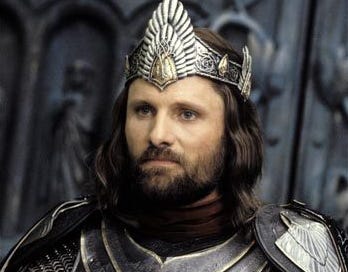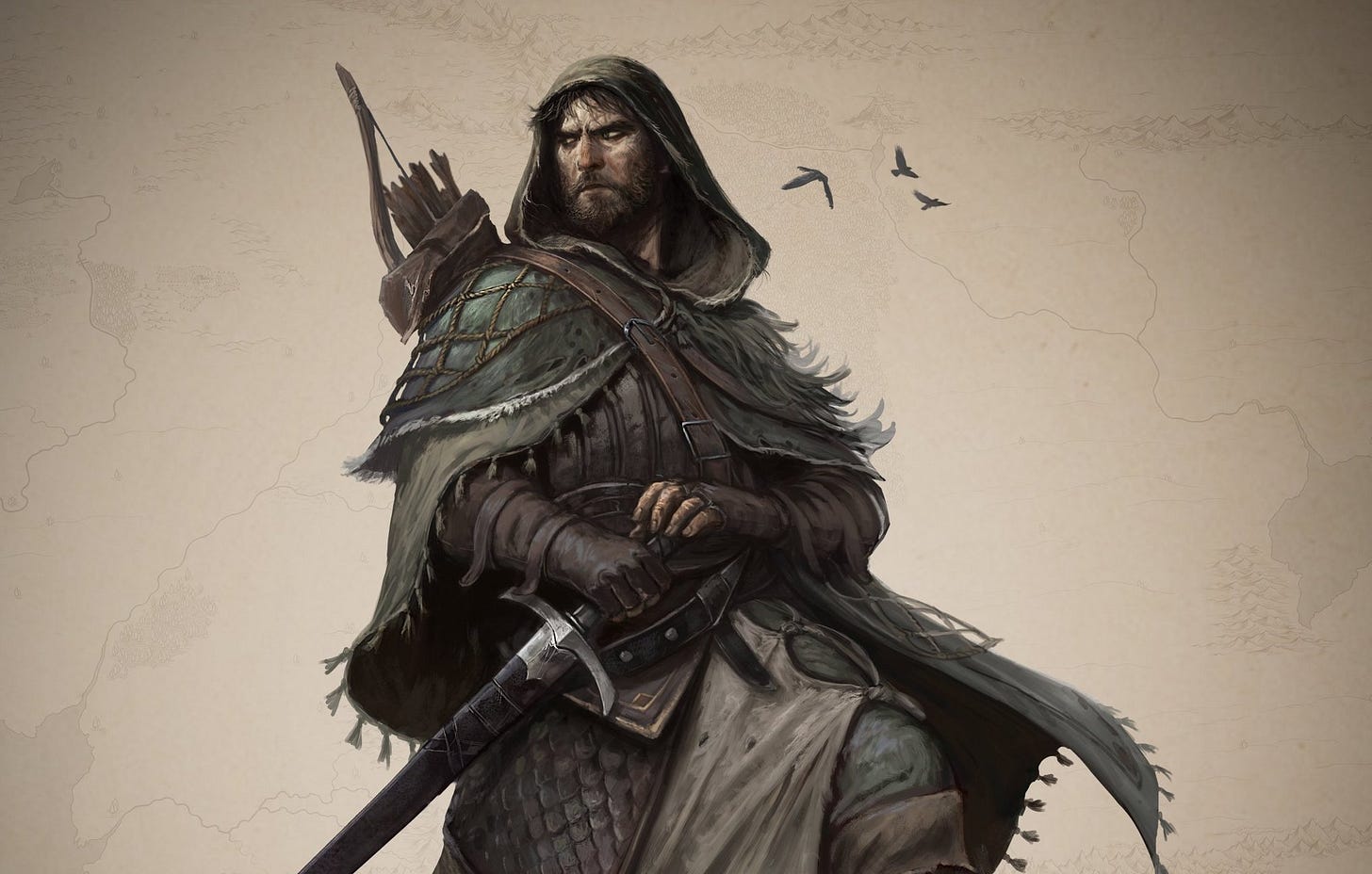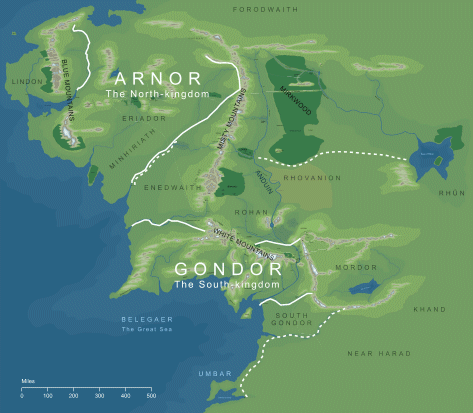Dúnedain: Heirs of Númenor
They were a proud and noble race, descended from the survivors of Númenor a mighty island kingdom gifted to Men by the Valar in the Second Age. Wise, tall, and long-lived, the Dúnedain were the greatest of Men.
Origins: The Edain and the Gift of Númenor
The story of the Dúnedain begins long before the founding of Númenor, in the First Age when certain noble houses of Men, known as the Edain allied themselves with the Elves in the wars against Morgoth in Beleriand.
For their valor and faithfulness, the Valar rewarded these Edain after Morgoth's defeat with the gift of Númenor a star-shaped island raised in the sea between Aman and Middle-earth.
The Númenóreans as they came to be known, were granted long life, great physical and intellectual gifts, and knowledge from the Elves and the Valar. They became mariners, seafarers, and scholars, and for many centuries maintained a close friendship with the Elves of Tol Eressëa. They did not possess immortality but lived for centuries often 200–300 years and were forbidden to sail west toward the Undying Lands.
Númenor's decline began with envy and pride. Over the centuries, the Númenóreans began to fear death and long for immortality. Under the influence of Sauron whom they had captured but who then corrupted them from within King Ar-Pharazôn led his people into rebellion against the Valar, sailing west in an act of defiance.
In response Eru Ilúvatar changed the world: Númenor was destroyed sunk beneath the sea in a cataclysm.
Yet a small group of Númenóreans, known as the Faithful remained loyal to the Valar and Elves. Led by Elendil and his sons Isildur and Anárion they fled the destruction aboard ships and came to Middle-earth.
The Founding of Arnor and Gondor
The Faithful established two great kingdoms in Middle-earth during the early Second Age
Arnor in the North, ruled by Elendil.
Gondor in the South, ruled by his sons.
These kingdoms were advanced and powerful, boasting towering cities, stone roads, great libraries, and a strong Elvish influence. They spoke Westron (the Common Tongue) but also preserved Adûnaic the language of Númenor, and even learned Quenya and Sindarin the Elvish tongues.
Their culture emphasized: Lineage and ancestry
Learning and lore
Architecture and engineering
Laws and justice
Resistance against evil
The Dúnedain preserved many high customs, including burial mounds star-based navigation, and tall ships made with Elvish assistance.
The Decline: Division and Shadow
Despite their beginnings, the Dúnedain were not immune to decline. Their kingdoms grew apart, and troubles mounted.
Keep reading with a 7-day free trial
Subscribe to Riders of Rohan to keep reading this post and get 7 days of free access to the full post archives.






